Oral health is a subject that needs to be taken quite seriously. Taking care of our teeth and gums is essential and unfortunately, there can be times when things do not go as planned. Perhaps a tooth has broken off at the gum due to a sporting accident. Or, there may be extra teeth in one's mouth that prevent new ones from breaking through the skin.
There are also instances when a tooth has decayed to the point that it can no longer be addressed by means such as a crown or a filling. So, a tooth extraction could be the only option. How is this process performed, what are some of the main benefits and finally, how much does a tooth extraction cost?
What is a Tooth Extraction?
As the name hints, an extraction involves the complete removal of a tooth from its socket within the jaw. There are two main types that are performed. The first is known as a simple extraction. This is used when the tooth can be seen (such as a broken or decayed molar). The dentist will utilise a tool known as an elevator to loosen the tooth before it is dislodged with a pair of forceps.
The second process is a surgical extraction. This is slightly more complex and more invasive techniques are employed when the tooth is not yet visible or when it has broken off at the gum. A small incision is made just below the gum line to access the tooth and the bone. Then, it is loosened and removed. There are times when some of the bone could likewise be affected. Surgical extractions are nonetheless quite common and with the help of a local anaesthetic, the patient will normally not feel any pain during the procedure.
The Benefits of Tooth Extractions
The most prominent benefit of an extraction is that any previous pain will likely be abated within a short period of time. Extractions are also the cheapest option to deal with dental issues for those who may be on limited budgets. This is in direct comparison to other methods such as root canals.
The procedure will take only a matter of minutes once all preparations are made. An extraction will help to stop the potential spread of an infection within a damaged tooth. In the event that an existing tooth (such as a wisdom molar) is impeding the entrance of other teeth, an extraction is a viable option to consider.
How Much Does a Tooth Extraction Cost?
The cost of a tooth extraction will depend upon a number of factors. The most important is whether the patient decides to use the services of a private practice, the NHS, or instead chooses to utilise a hospital group. By far, the cheapest option is to use the NHS for this procedure. According to the latest figures (1), the total cost of an emergency consultation and extraction is £51.30 pounds.
Those who visit a group hospital can expect to pay between £450 and £2,450 pounds. Private providers have been known to charge similar fees. However, it has been shown that the average cost of a tooth extraction in the United Kingdom is £2,085 pounds (2). The price will also vary between different regions such as South East England, North East England, and Wales.
Tooth extractions are frequently necessary to prevent further damage within one's mouth. Appreciating how these procedures are performed as well as their costs will enable anyone to make the most informed decisions possible when the time comes.
Sources:
- http://www.nhs.uk/NHSEngland/AboutNHSservices/dentists/Pages/nhs-dental-charges.aspx
- http://www.privatehealth.co.uk/conditions-and-treatments/tooth-extraction/costs/
Sources and References
-
[1]
Oral Surgery, Extraction of TeethStatPearls - NCBI Bookshelfhttps://www.ncbi.nlm.nih.gov/books/NBK589654/
-
[2]
Cost-effectiveness of root canal treatment compared with tooth extraction in a Swedish Public Dental Service: A prospective controlled cohort studyInternational Endodontic Journalhttps://pmc.ncbi.nlm.nih.gov/articles/PMC10441609/
-
[3]
Prevalence of Postoperative Infection after Tooth Extraction: A Retrospective StudyInternational Journal of Environmental Research and Public Healthhttps://pmc.ncbi.nlm.nih.gov/articles/PMC8208874/
-
[4]
Antibiotics to prevent complications following tooth extractionsCochrane Database of Systematic Reviewshttps://pmc.ncbi.nlm.nih.gov/articles/PMC8094158/
All sources accessed and verified on . Medical information reviewed for accuracy and compliance with current guidelines.
Related Articles
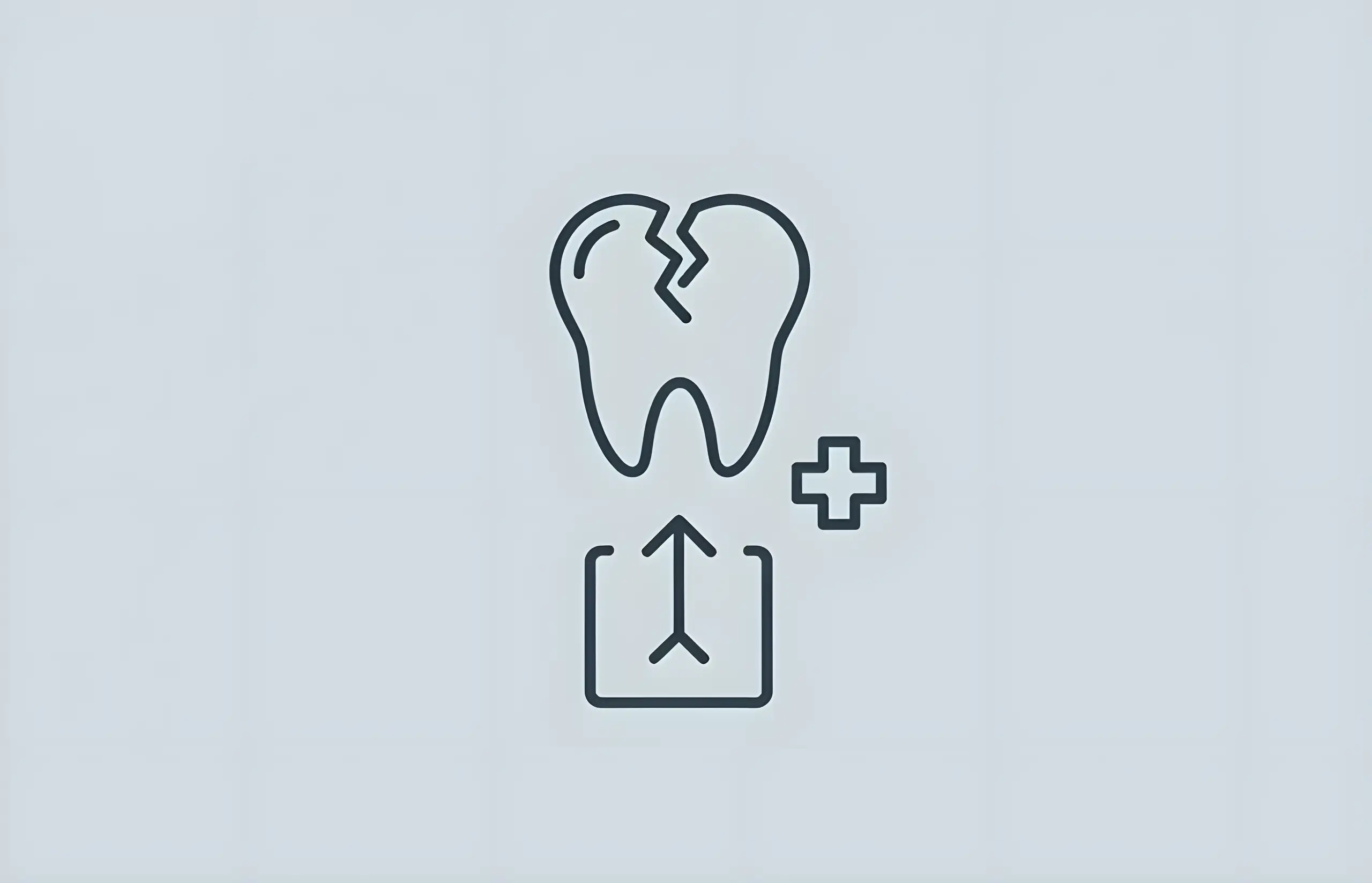
What To Do If You Have A Broken Molar
Understanding why molars break, recognizing symptoms from chips to severe fractures, and knowing when to seek urgent dental treatment
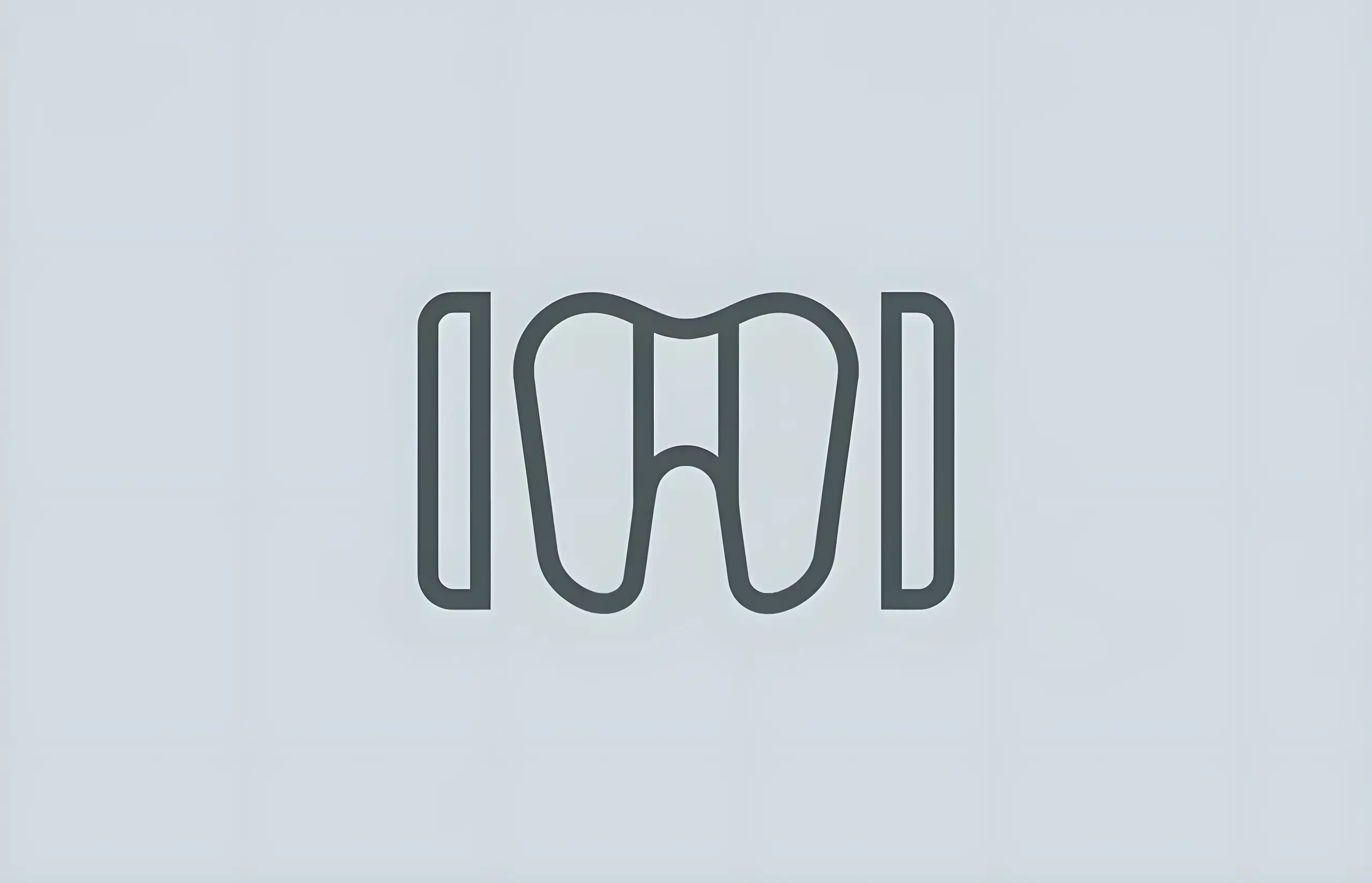
Diastema: How To Fix Gaps In Teeth
Comprehensive guide to diastema causes, types (midline and mandibular), prevalence in children (41.75%), treatment options including braces, veneers, composite bonding, frenectomy, and clinical outcomes
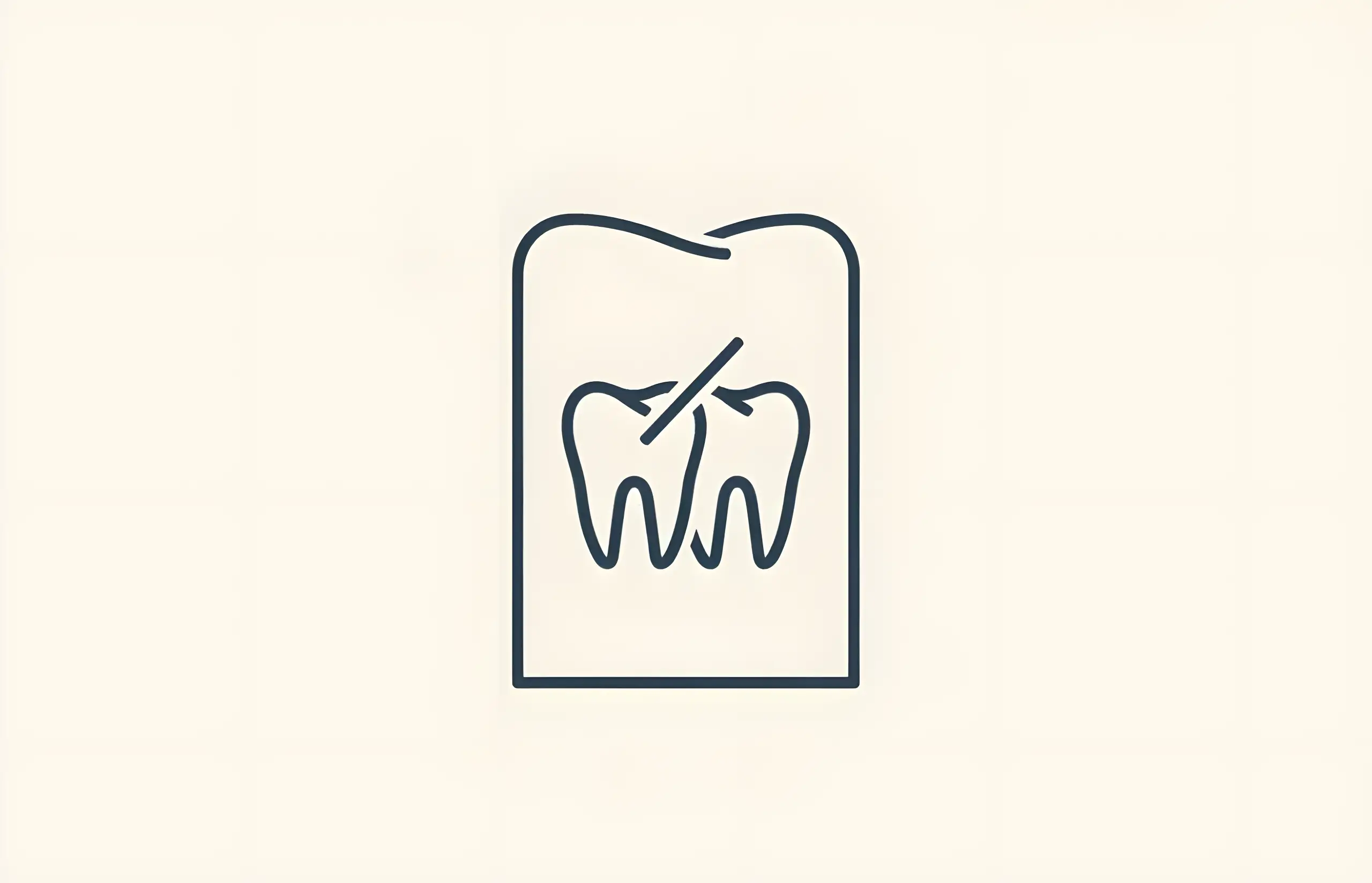
How to Fix a Crooked Tooth
Comprehensive guide to fixing a single crooked tooth, including treatment options, costs, and reasons to seek correction
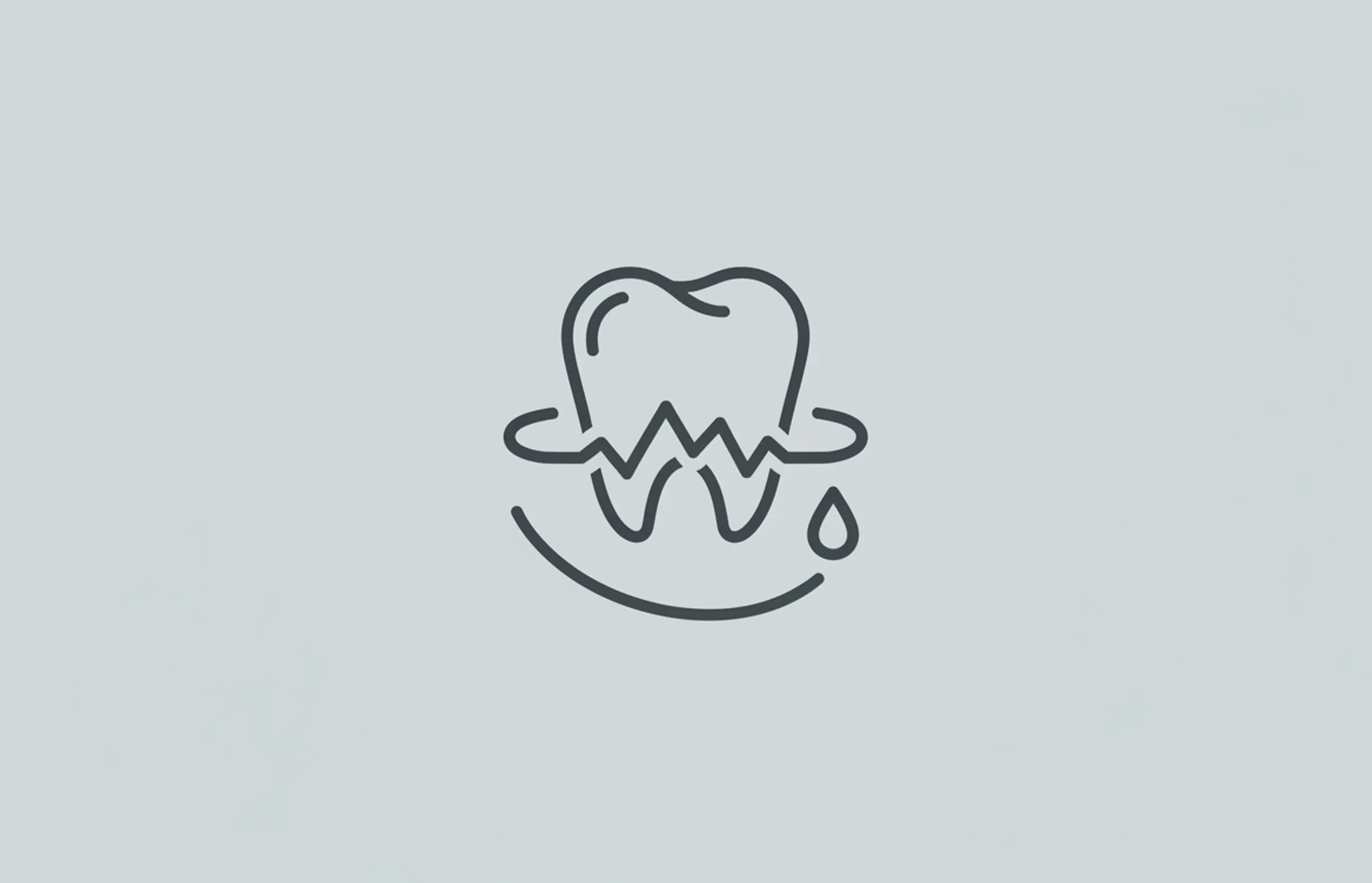
How To Treat Gingivitis
Learn effective treatments for gingivitis including home care strategies, proper oral hygiene techniques, and prevention methods to restore gum health
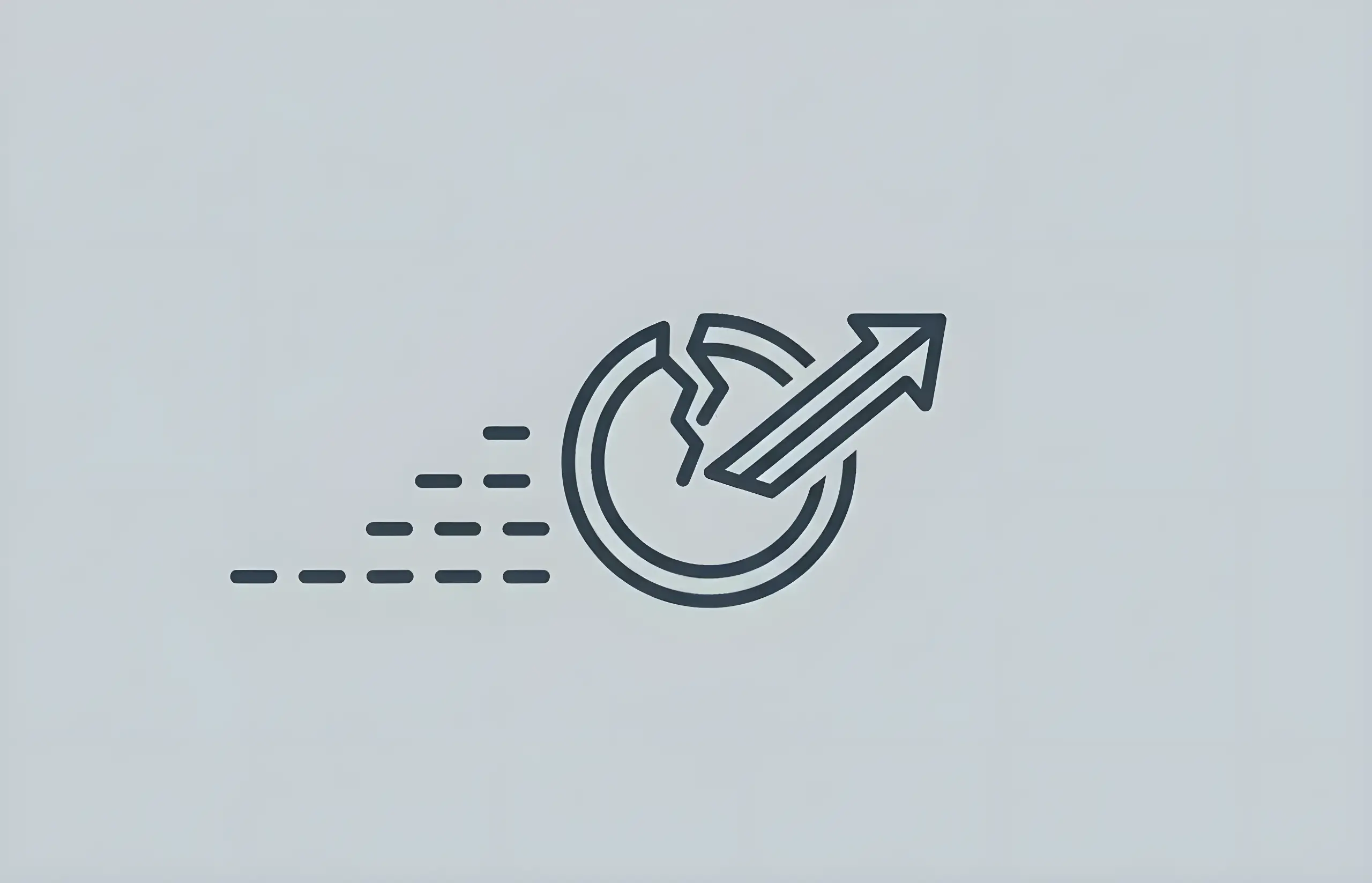
What is the Cost to Repair Chipped, Cracked, or Broken Teeth?
Comprehensive guide to tooth damage repair costs in the UK: NHS Band 1 (£22.70) for minor chips, Band 2 (£62.10) for fillings/root canals, Band 3 (£269.30) for crowns/veneers, with treatment success rates and prevention strategies
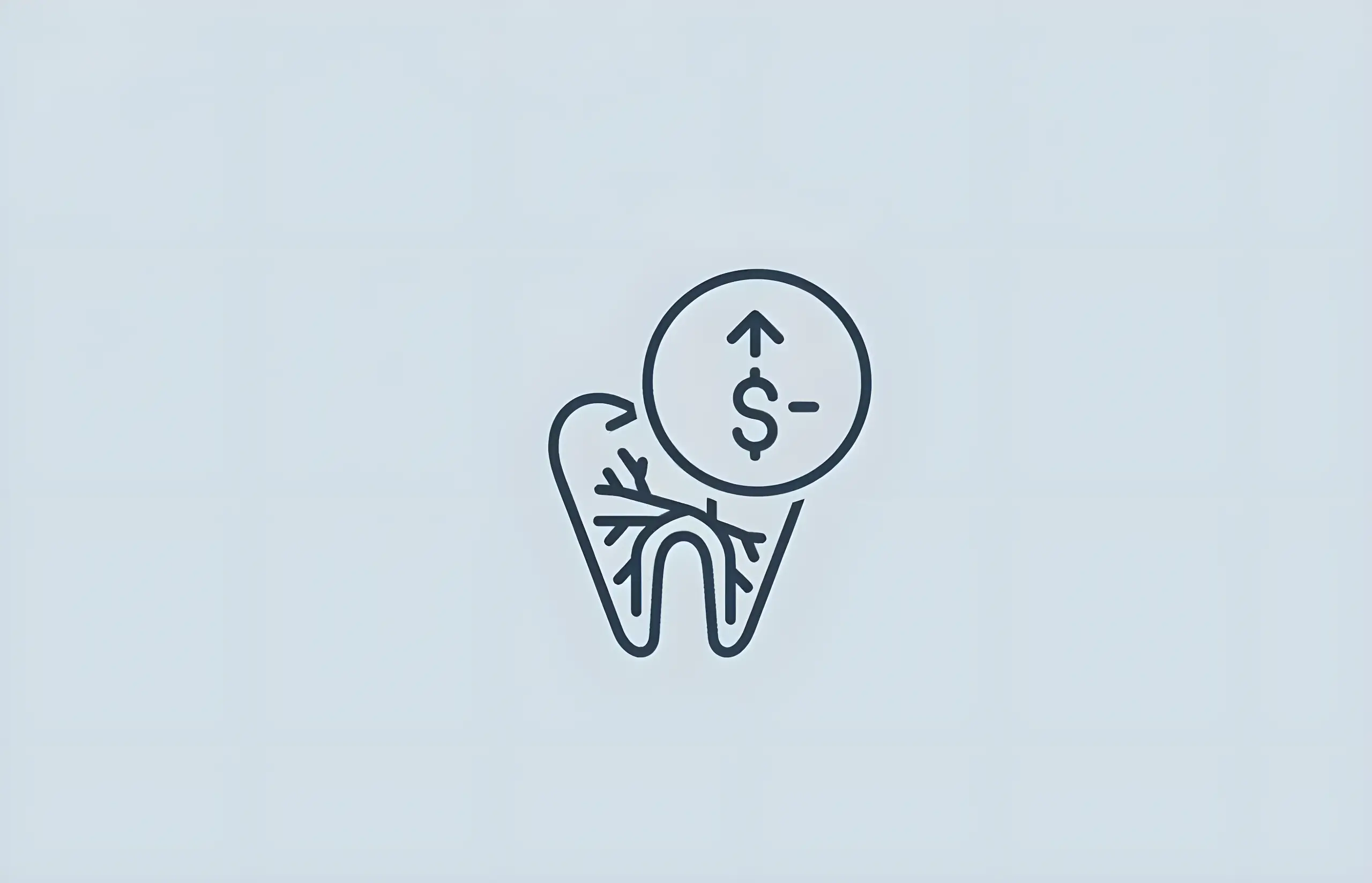
Root Canal Treatment – Costs and Information
Comprehensive guide to root canal treatment including what it is, the procedure, costs in the UK (NHS and private), and who needs endodontic therapy
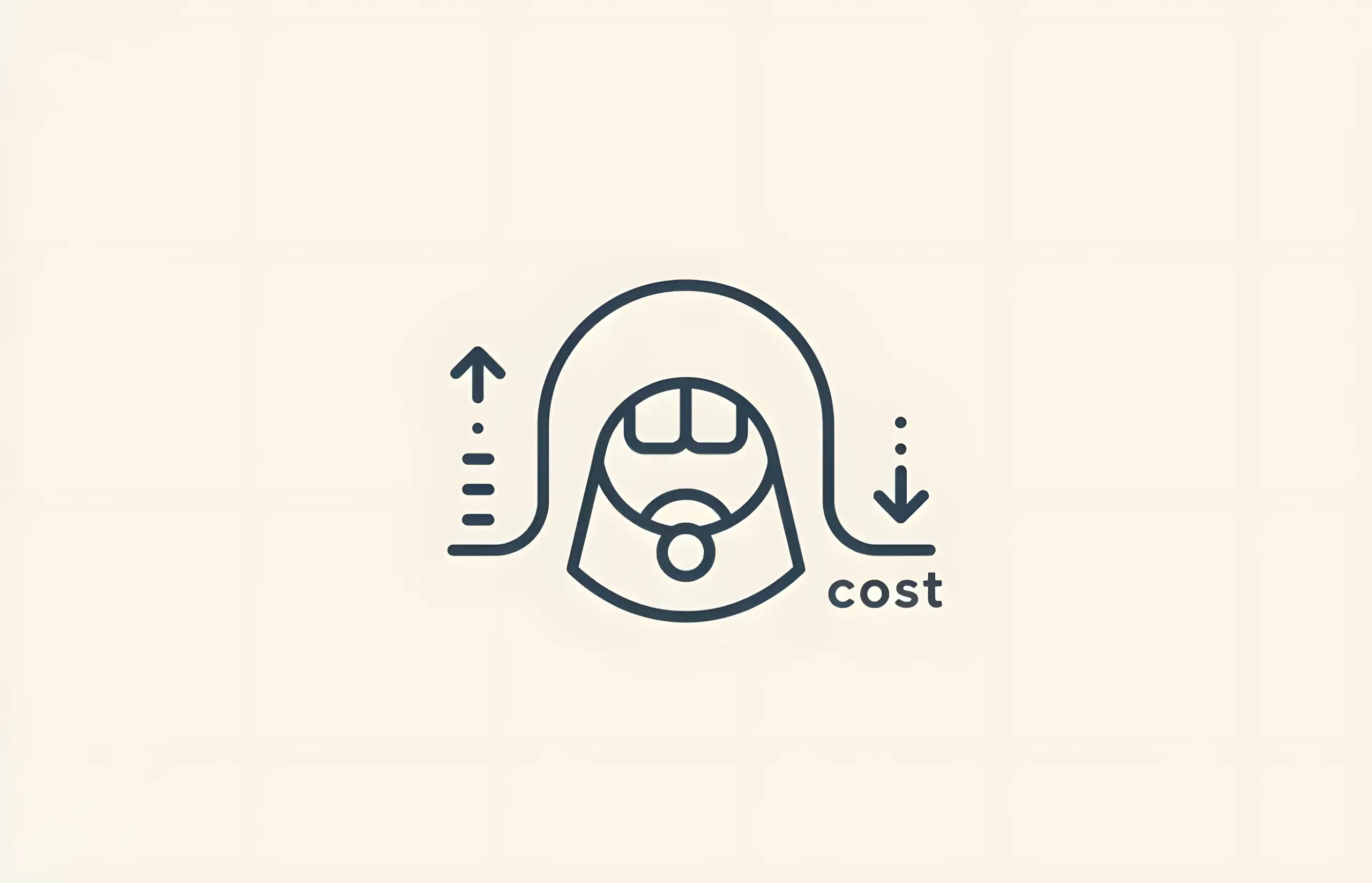
How Much Does Teeth Cleaning Cost?
Comprehensive guide to teeth cleaning costs in the UK, NHS pricing bands, scale and polish procedures, dental hygiene benefits, and professional teeth cleaning information
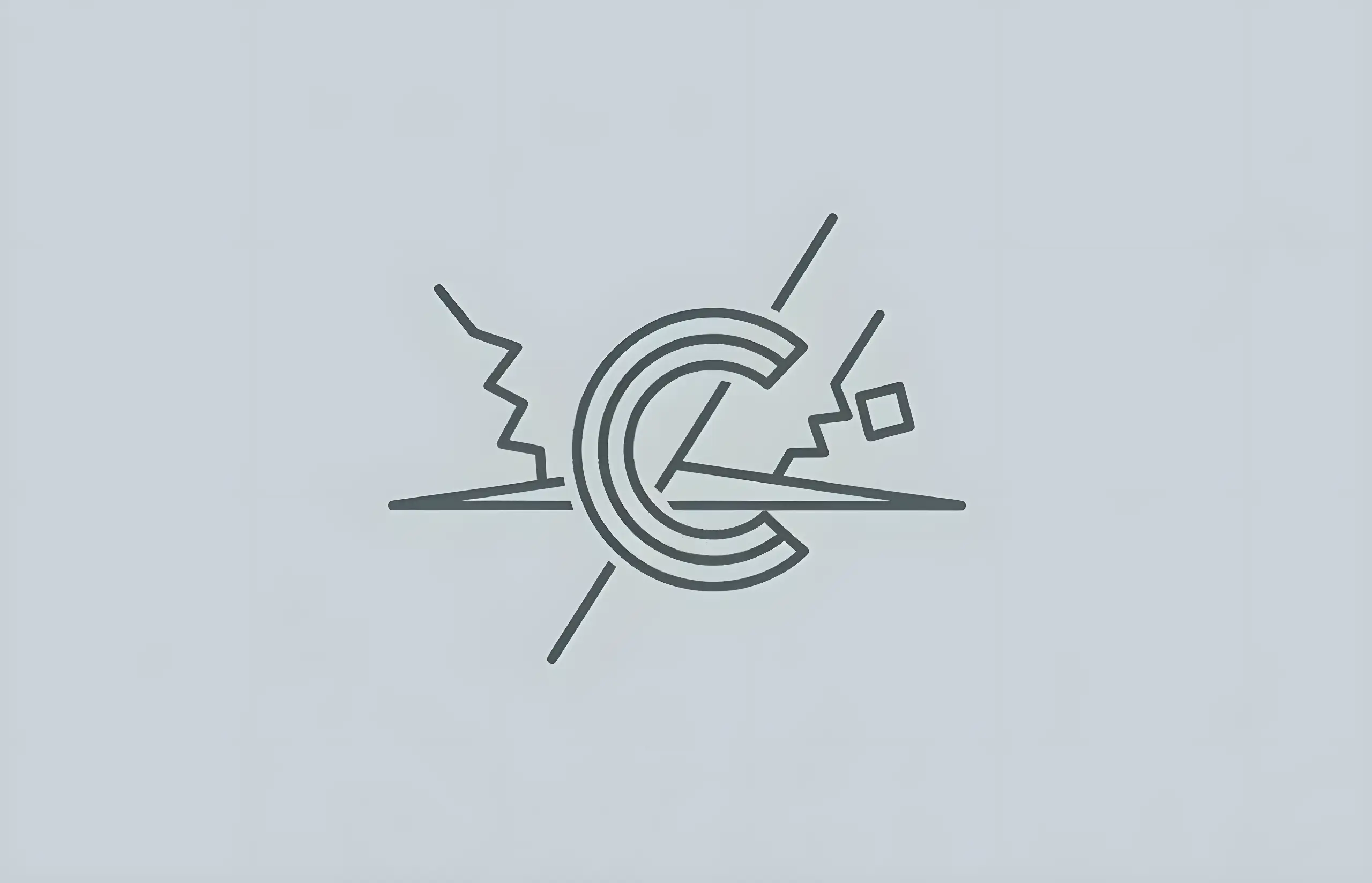
What Causes Crooked Teeth?
Understanding the genetic, environmental, and developmental factors that lead to misaligned teeth and available treatment options
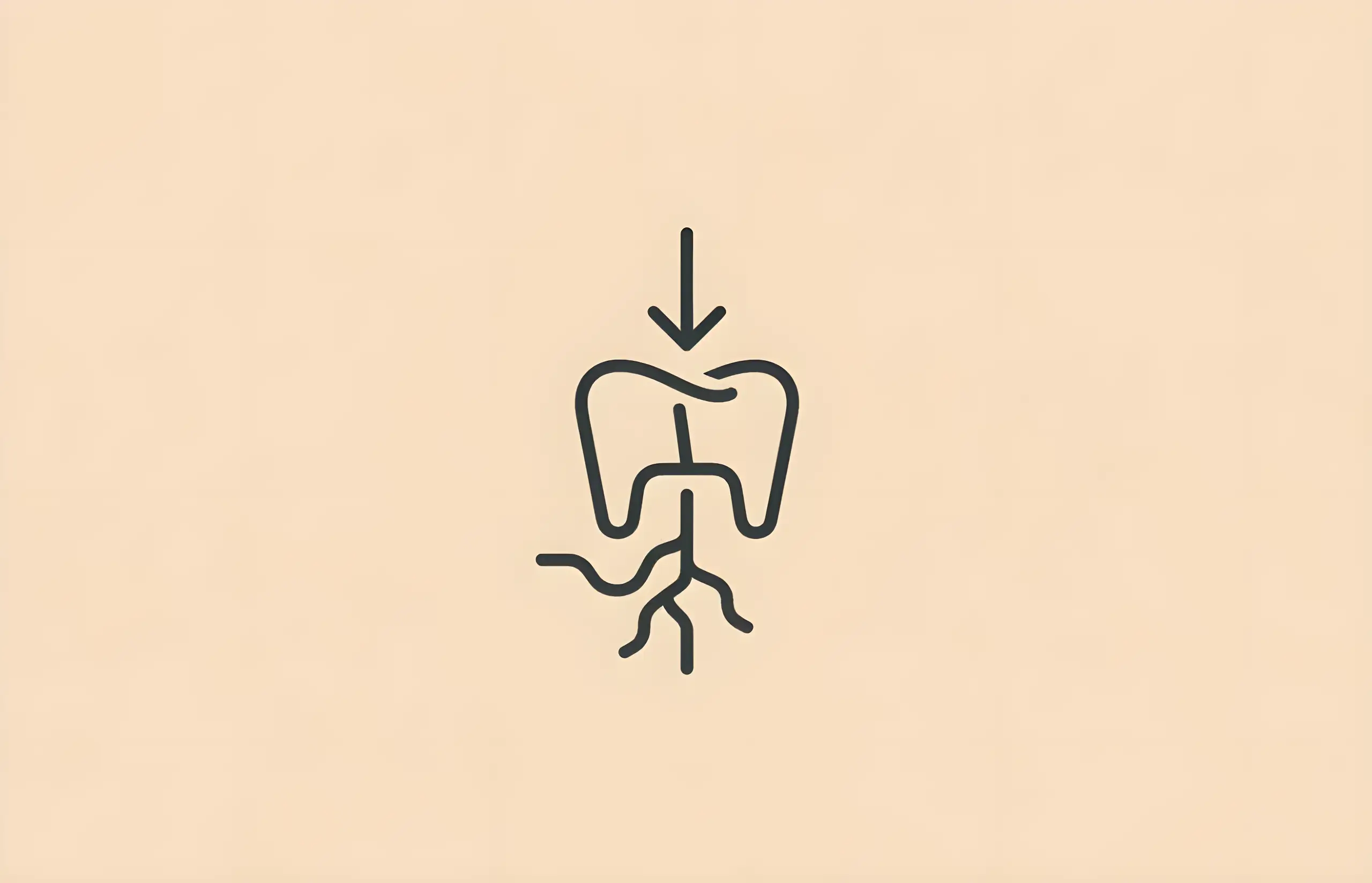
What Causes Teeth to Shift in Adults?
Understanding age-related tooth movement, poor habits, and treatment options to maintain dental alignment in adulthood

What is a Crossbite?
Learn about crossbite malocclusion including types (anterior and posterior), hereditary causes, childhood factors like thumb-sucking, treatment options, and potential complications
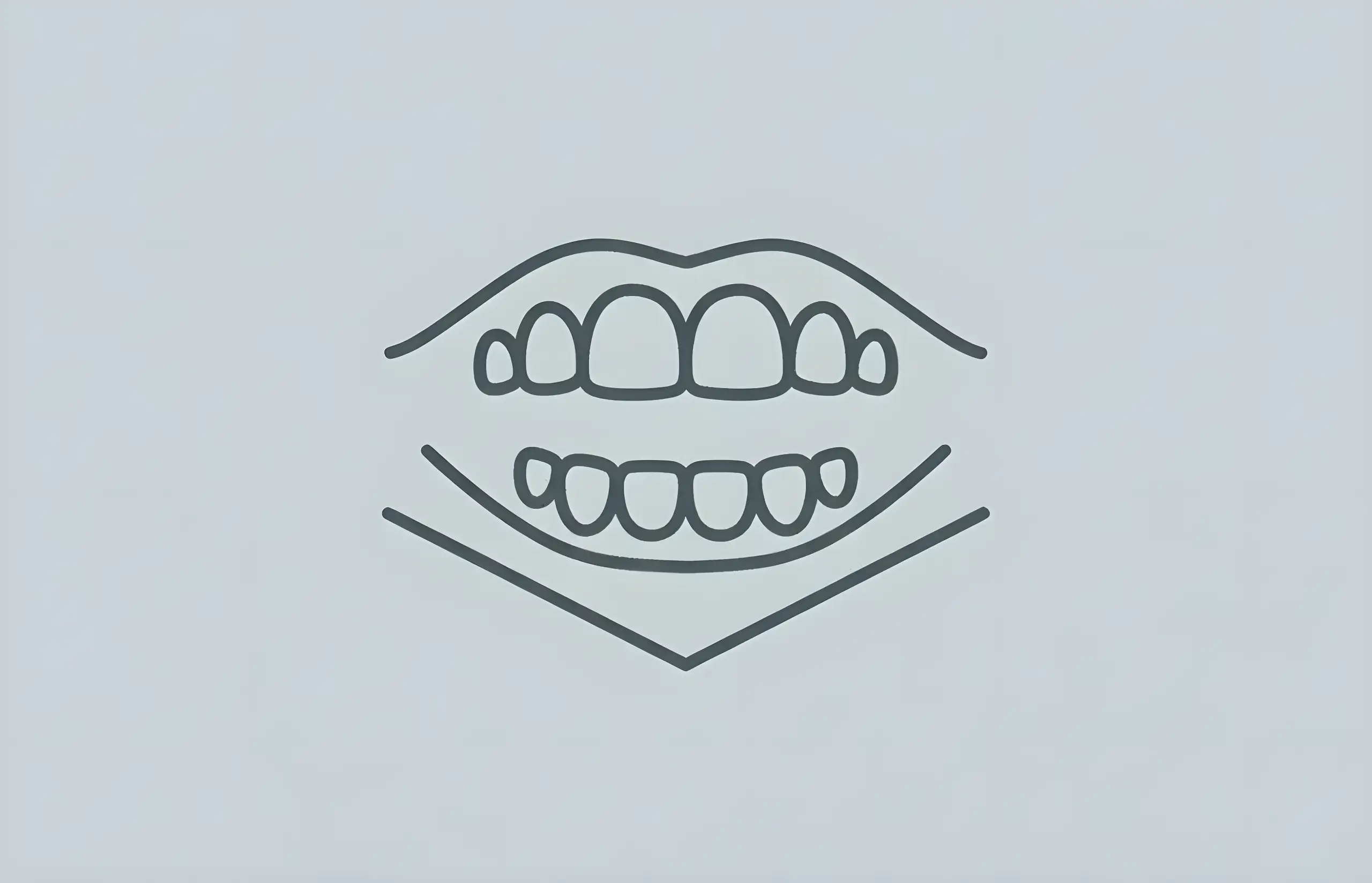
What Is An Open Bite?
Understanding anterior and posterior open bite malocclusion including causes, treatment options from braces to surgery, and functional impacts on speech and eating
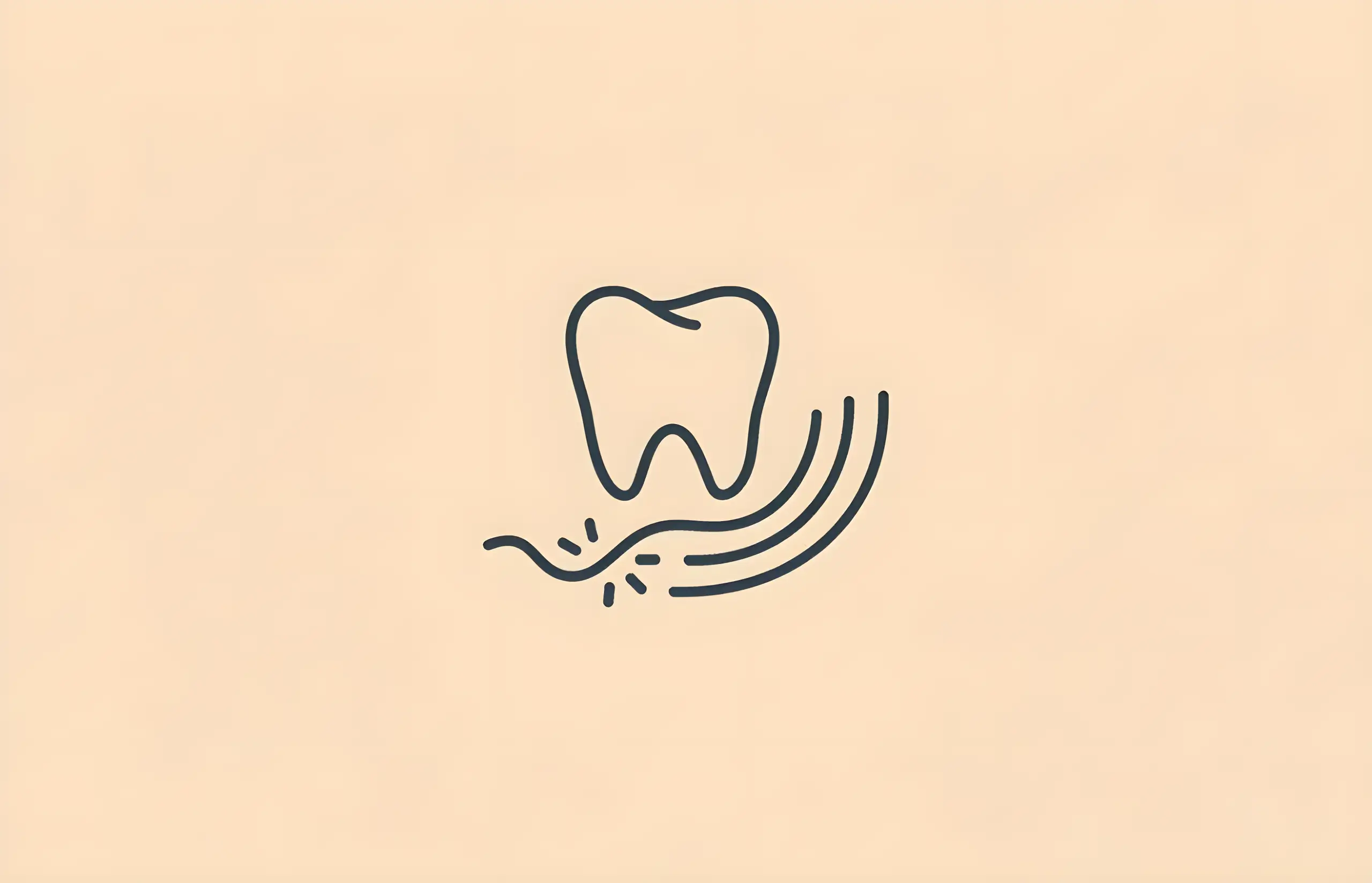
What Is Gingivitis?
Comprehensive guide to gingivitis, a common gum disease affecting 50-90% of adults, including causes, symptoms (bleeding, swelling, bad breath), treatment with scaling, and prevention through proper oral hygiene
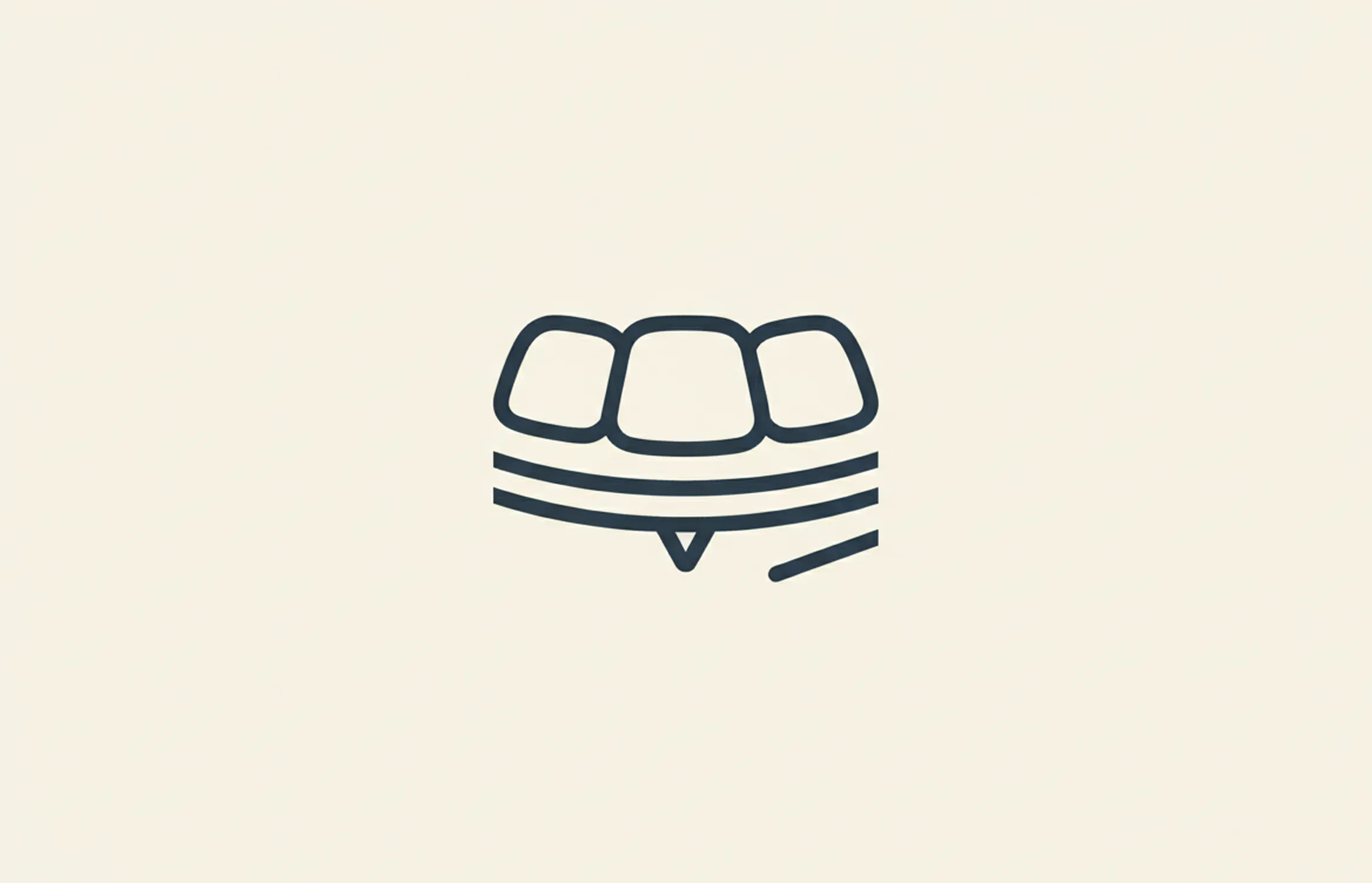
What Is Teeth Contouring?
Understanding dental contouring (enameloplasty) - a quick cosmetic procedure to reshape teeth by removing enamel for a straighter, more polished smile
About The Dental Guide
The Dental Guide is a trusted online resource providing evidence-based information about dental health, treatments, and procedures. Our content is created and reviewed by qualified dental professionals to help you make informed decisions about your oral health.
Our Mission
- Evidence-based dental information
- Expert-reviewed content
- Clear, accessible explanations
- Latest treatment options
- Patient-focused guidance
Editorial Standards
- GDC-registered dental professionals
- Peer-reviewed sources
- Regular content updates
- Medical accuracy verification
- Transparent authorship
Important Notice
The information on The Dental Guide is for educational purposes only and should not replace professional dental advice. Always consult with a qualified dentist for diagnosis and treatment recommendations tailored to your individual needs and circumstances.
Medically Reviewed
Reviewed by Dr. Nasim Mechoui , BDS (Bristol)
Share this article
Comments & Discussion
Have questions about dental implants? Share your thoughts or experiences.
